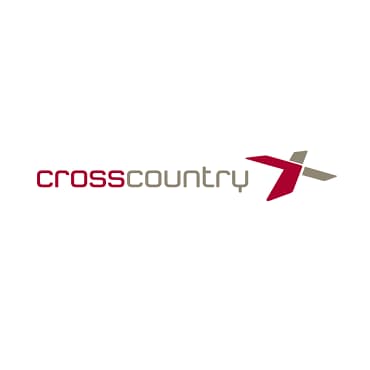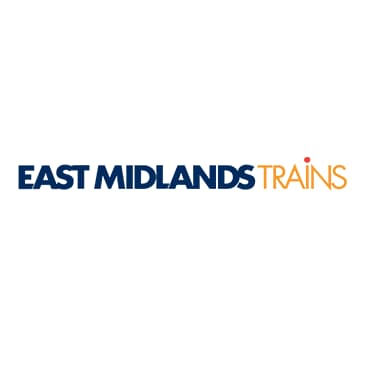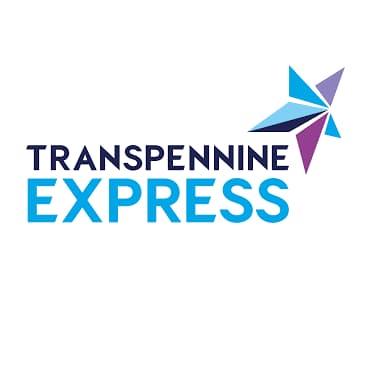Birmingham is a city and metropolitan county in England's West Midlands metropolitan county. With a population of 1.145 million in the city proper, 2.92 million in the West Midlands metropolitan county, and around 4.3 million in the broader metropolitan region, it is the second-largest city in the United Kingdom after London. Birmingham is the United Kingdom's second-largest city. Birmingham is the social, cultural, financial, and economic centre of the West Midlands area of England, roughly 100 miles (160 kilometres) from London. The city is full of beautiful tourist attractions like Birmingham Back to Backs, Birmingham Museum & Art Gallery, National Motorcycle Museum, Symphony Hall, Library of Birmingham, Villa Park Stadium Tour, Winterbourne House, and Garden, Birmingham Hippodrome, Coffin Works, Museum of the Jewellery Quarter, West Midlands Police Museum, Gas Street Basin. Birmingham is a wonderful county itself.
York is a Roman-era cathedral city in North Yorkshire, England, located at the confluence of the rivers Ouse and Foss. It is Yorkshire's historic county town with long-standing structures and buildings in the city including a minster, castle, and city walls. It grew into a significant railway network hub and confectionery manufacturing centre in the nineteenth century. York is in the Vale of York, a flat tract of good arable land bounded by the Pennines, North York Moors, and Yorkshire Wolds. The city was established on a terminal moraine left by the last ice age at the confluence of the rivers Ouse and Foss. This place has various destinations to explore such as National Railway Museum, York Minster, York Castle Museum, Shambles, York Maze, York City Walls, Yorkshire Air Museum, York’s Chocolate Story, Castle Howard, Jorvik Viking Centre, Breezy Knees Garden, York Cold War Bunker, Treasurer’s House, Museum Gardens, Brew York, Holy Trinity Church, York Minister Tower Climb, York Park & Ride and many more.
Tourists can travel 107 miles (172 kilometers) from Birmingham to York via bus, boat, aircraft, or rail. If speed is essential, a train with an average duration of 2 h 12 min is the greatest alternative; while, if saving money is more important, a bus with rates starting as low as $21 (€20) is the best option. On the other hand, traveling by bus can take an average of 4 hours and 25 minutes. There is also a direct train from Birmingham to York. On average every day, there is one bus and 26 trains from Birmingham to York. The first train from Birmingham to York departs at 5:03 a.m., and the latest train departs at 19:03.
National Express and Cross Country are two of the most popular travel firms that provide this journey. There are various train operators that operate different trains between the route like Chiltern Railways and First Trans Pennine Express and West Midlands Trains and London North-eastern Railway and Avanti West Coast. The quickest services will bring you to your location in 1h 46m. You can relax and enjoy Cross Country’s onboard services, which include free Wi-Fi and dining.
Amenities:-
- Storage for luggage: Travelers aboard LNER trains may bring up to three items with them (one small handbag, a carry-on bag, and one large suitcase). There is baggage storage beneath your seat, overhead shelves, and luggage racks at each carriage end. Strollers may be folded and placed in the designated baggage compartment.
- Ordering at the table: Travelers can purchase meals from the LNER's Café Bar without leaving their seats. Simply scan the QR code aboard, choose your food, and it will be brought to you.
- Storage for bicycles: LNER provides bicycle storage while traveling, and if you are carrying a non-folding bike, you may book a slot ahead of time. These bicycles may be stored alongside other baggage.
How to get cheap train tickets from Birmingham to York?
Looking for the most affordable trips? Here's a detailed approach to saving money and finding the cheapest train tickets.
Travel off-peak: If you want to get the best deals, go by train during off-peak hours.
Use a railcard: - If you travel by rail more than a few times a year, you can also purchase a Railcard, which can save you up to 1/3 on qualified travels.
Make a reservation in advance: Advance tickets are normally available up to 12 weeks before the departure date and might be cheaper than purchasing on the day.
Buy split tickets: Divide your tickets and then book them.





